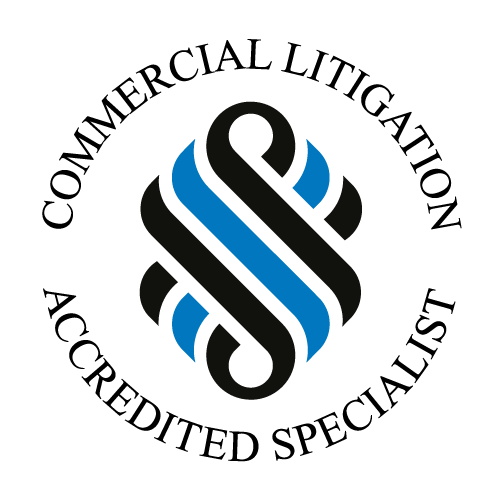Insolvent trading occurs when a director allows a company to incur debt at a time when the company is insolvent.
If the director incurs a debt without reasonable prospect of being able to repay the debt, the director can become liable to compensate the company or its creditors for those further debts.
An insolvent trading claim can only be taken once the company has been placed into liquidation. The claim can be commenced by the liquidator or a creditor.
A liquidator or creditor will need to consider a number of factors before any insolvent trading claim is commenced. These factors include:
- whether the debt was incurred at a time when the company was insolvent or caused it to be insolvent
- whether the director knew, or a reasonable person in his/her position should have suspected the company was insolvent and failed to prevent the company from incurring further debts
- who were the directors at the time, and are there any shadow directors or other consultants/advisers who may also be liable
- the commerciality of taking any action against the director or persons involved
- time limits
The Corporations Act provides statutory defences that may be available to directors. They can be summarised as follows:
- the director had reasonable grounds to expect (not just suspect) that the company was solvent
- a reasonable, competent person was producing information that would reasonably lead to a belief that the company was solvent
- the director had a good reason for not taking part in the management of the company at the relevant time (not whether he did or not, but whether he had a good reason not to), or
- the director took all reasonable steps to stop the company from incurring the debt, including attempting to appoint a voluntary administrator to the company
The directors bear the burden of proof proving the defences.
A director can be liable for the following penalties if an insolvent trading claim is successful:
- civil penalties
- criminal penalties (fine and/or imprisonment)
- compensation orders (available on either an application for a civil penalty order or a criminal prosecution)
- liquidator recovery actions and creditor recovery actions
- disqualification from managing companies
Our team of experienced corporate insolvency litigation lawyers can assist you obtain an optimal outcome in these circumstances.







